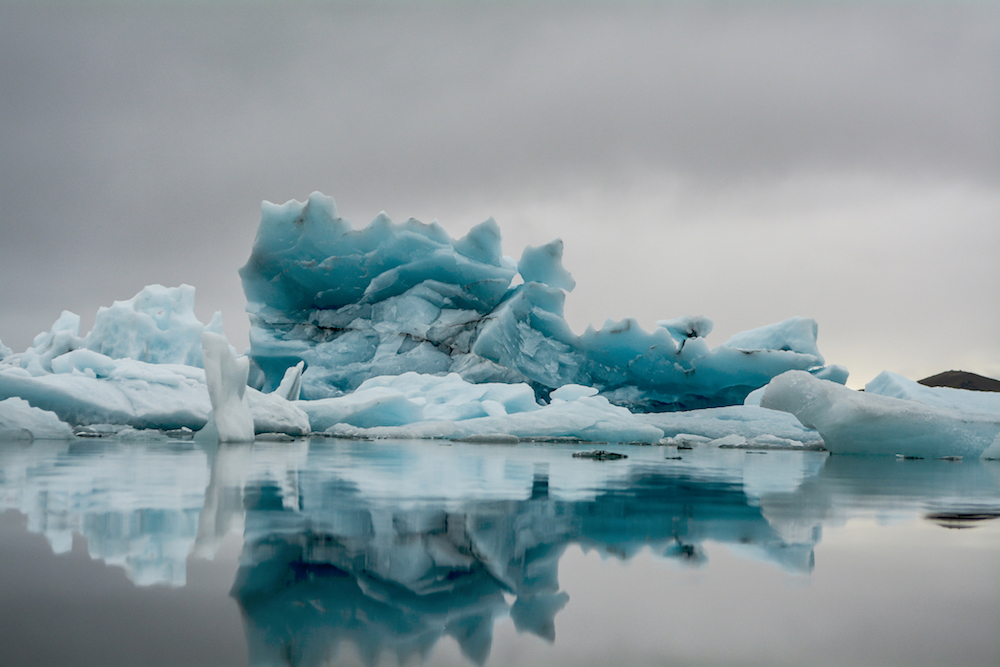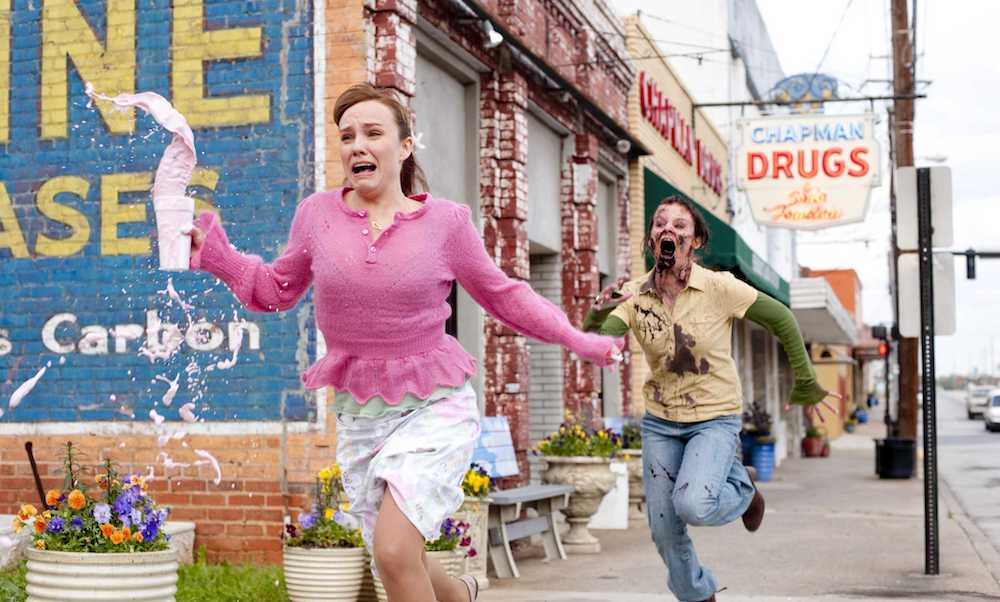Can you cut 1 Tonne of carbon pollution out of your life?
Take the challengeInertia is a scientific term. It is a word used in physics to describe the tendency of something to resist change. It would also appear to be an apt descriptor of the human race’s actions so far, in response to the knowledge that the climate is changing.
We know that the climate is changing, and it's our fault. Or is it? The public, unlike the world's science community, is divided. Although over 90% of the scientific world says that humans are unequivocally causing climate change, the world's media has continually portrayed the issue as more of a 50/50 debate in which both sides have equal validity. By essentially telling the public that they should 'pick a side' and presenting the issue as an opinion-based decision rather than one based in science and fact, the media has been partly responsible for the rather bizarre atmosphere of climate change discourse in which people tend to express that they either 'believe' in climate change or they don't, much like stating whether one believes in the divine.
Other reasons for public opinion are unclear. Even when presented with overwhelming evidence, why do many people choose to ignore it and the opinions of climate scientists? Perhaps one of the contributing factors is the sheer scale of the problem and the units of time involved.

People think in much shorter units of time than is relevant to climate change. This is an evolutionary trait. As a species, our minds are not wired to think in terms of millennia, or even centuries, as useful units of time. What purpose would it have served in our evolution? Our ancestors were occupied with staying alive, ensuring the survival of offspring, keeping warm, getting enough food. Our sense of time extends forward to our children's generation, and possibly their children's generation, and backward to perhaps the time of our parents' parents. The very wording of climate change – the 'change' part – seems a misnomer. The enormity of this particular change is not easily understood in the context of our short human lives. Change to us means tomorrow, or next week, or next month. It is difficult to get excited about change that may affect us in ten, twenty or fifty years.
Thus, when we are told to consider the future of our planet, even when we are told that the news is so bad on the climate front that our way of life will ultimately be irrecoverably altered, should we continue on our current trajectory, we don't do much about it. It is happening too slowly. As devastating as it will likely be, the threat of a change in the weather over time just doesn't have the same punch as the end of the world we are constantly seeing on our TV screens, which generally involves zombies and a small band of unlikely survivors (always including someone hot, like Norman Reedus).

So we dutifully put our plastics and paper in the correct bins and feel that we have fulfilled our personal environmental responsibility in the here and now, as best we can. Sometimes, if the price is right, we install solar panels and smugly show friends our reduced electricity bills. We repost environmental memes on facebook and shake our heads about Donald Trump. We watch and we wait. After all, what can one person do? Everyone else drives to work. Everyone else runs their airconditioner at night when it is hot. Everyone else buys cheap stuff online that is getting shipped from the other side of the world.
The problem with this 'sit back and see', inert approach is that the climate has inertia of its own. This means that due to the enormity of the systems we are talking about here, any changes that are occurring due to greenhouse gas levels will take time to become fully apparent. You can think of it as trying to steer the Titanic; by the time they saw that iceberg, it was too late to turn the enormous ship from its path. The momentum of the thing, the sheer size and mass, saw it continue on its trajectory and…well….you know how that story ended. The upshot is that we are already committed to a pretty hefty global temperature increase, based on the amount of carbon dioxide already pumped into the atmosphere.
If we want to avoid the fate of the Titanic, we need to start actually making big changes. Inertia has been the reaction to news of climate change for too long. We must start to look beyond our own existence and see climate change as that herd of zombies chasing us, hungry for our brains, ready to wipe us out. We must rise to this challenge, as the fictitious, post-apocalyptic world characters we love do so effortlessly.
Written by Dr Marie Clark
Read this next: How to Talk to a Climate Change Denier
We're in a climate emergency and it's going to take all of us to get out of it. That's why 1 Million Women is building a global community of women committed to fighting climate change with our daily actions. To join the (free) movement just click the button below!
